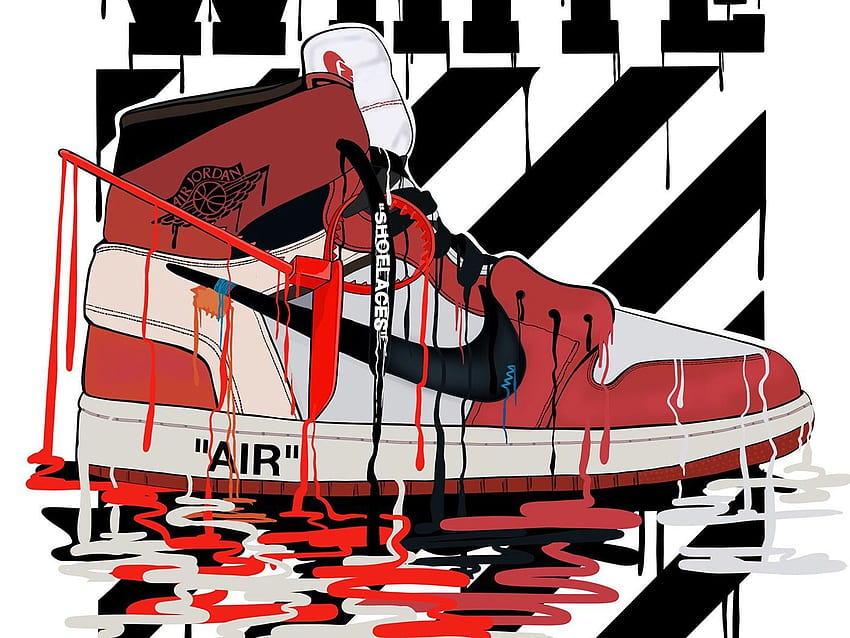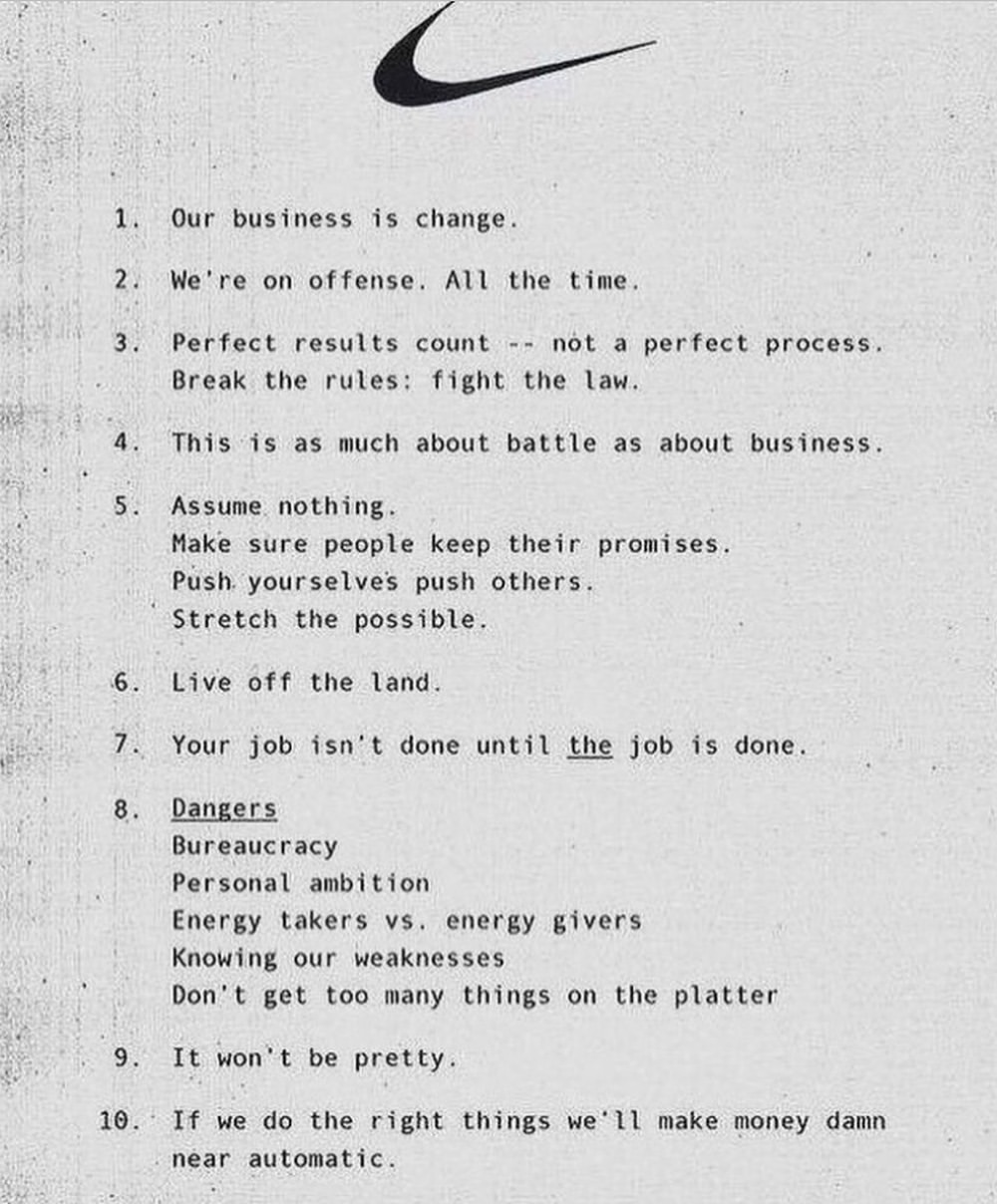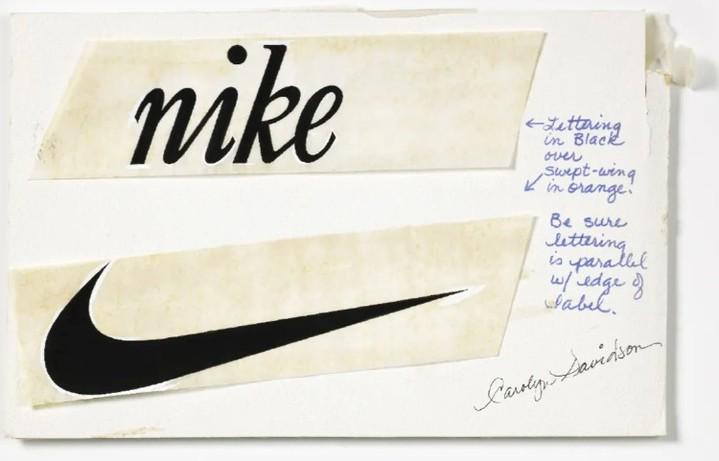Back
Anonymous
Hey I am on Medial • 1y
12. Relationship with Japanese Partners: Early on, Knight had a delicate and sometimes strained relationship with Onitsuka, the Japanese shoe company. This was a pivotal partnership in the foundation of Blue Ribbon Sports, but it also led to legal battles when the relationship deteriorated. 13. The Importance of Culture Nike cultivated a unique and informal corporate culture, which Knight describes as crucial to the company’s growth. This culture emphasized creativity, autonomy, and the shared passion for sports, which helped attract loyal employees and partners. 14. Knight’s Leadership Style: Phil Knight admits that he was not a conventional leader. He often doubted himself and delegated extensively, trusting his team to solve problems. His leadership was more hands-off, allowing his team to innovate freely. 15. International Expansion: After Nike established itself in the U.S., the focus shifted toward global expansion, particularly into Europe and Asia, helping to build Nike into a worldwide brand. 16. Phil Knight's Personal Struggles: Alongside business challenges, Knight talks about personal tragedies, including the death of his son, Matthew, in a diving accident. These personal experiences added emotional depth to his memoir, showing the human side of entrepreneurship. 17. Evolution of Nike’s Marketing: Nike’s early marketing efforts were more grassroots, driven by relationships with athletes and customers. Over time, Nike became a pioneer in powerful advertising campaigns, with slogans like “Just Do It”, transforming the brand into a cultural symbol
More like this
Recommendations from Medial
Hemant Prajapati
•
Techsaga Corporations • 1y
🔍 Nike: A Case Study in Branding and Innovation 🔍 🚀 The Rise of a Global Powerhouse 🔸 Founded in 1964 as Blue Ribbon Sports, later rebranded as Nike. 🔸 Founders Phil Knight and Bill Bowerman aimed to create superior athletic footwear. 💡 Bra
See More
Sudarshan Sharma
Meta & Google Ads Sp... • 4m
🚀 Differentiating Between Personal Branding and Business Branding One thing we don't talk about enough is that: People aren't really buying a logo. They're buying a brand they trust. 👉 That's your Personal Brand. Your personal brand is your sto
See MoreDownload the medial app to read full posts, comements and news.
























/entrackr/media/post_attachments/wp-content/uploads/2021/08/Accel-1.jpg)



















